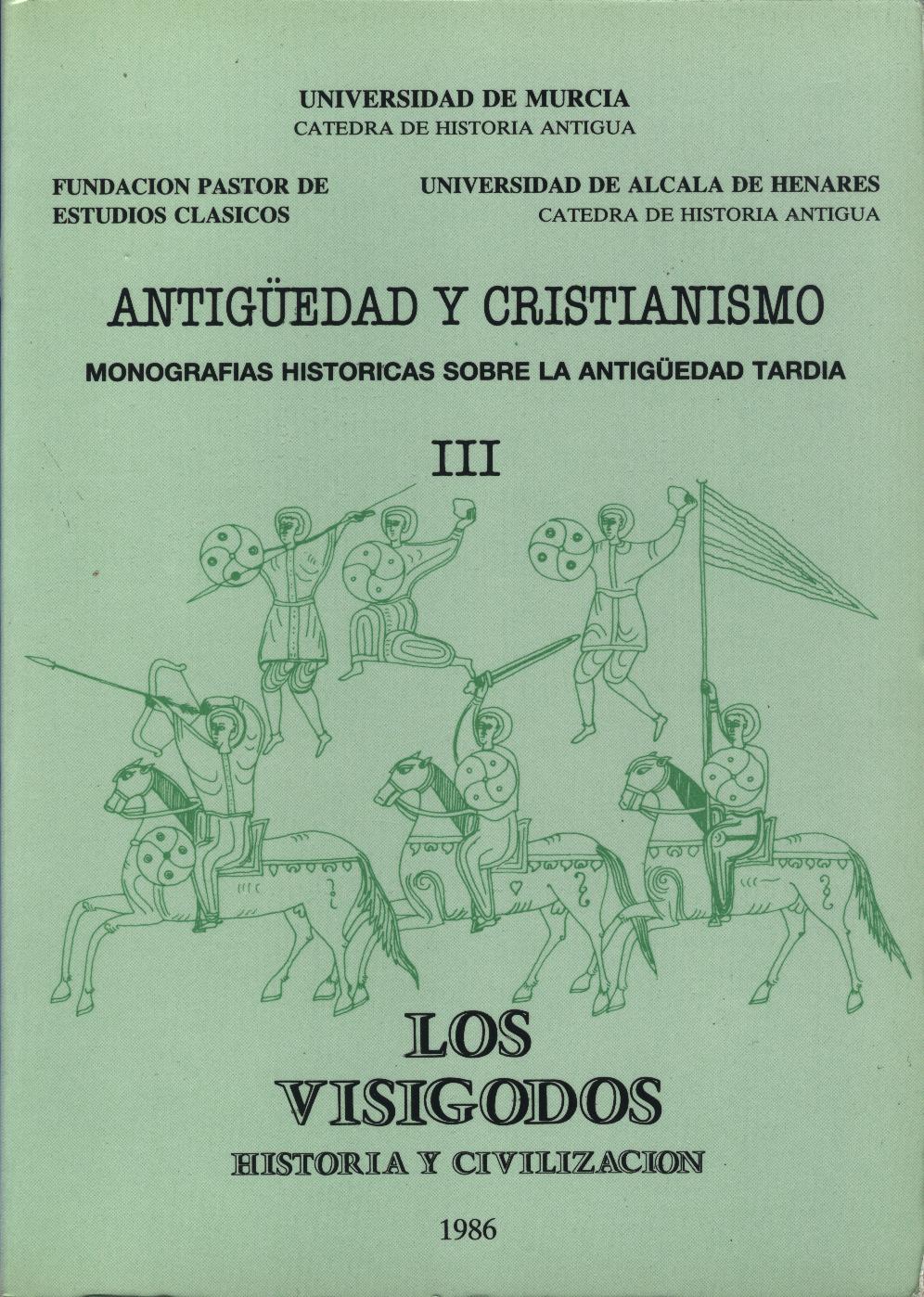La Chronica Caesaraugustana y la presunta penetración popular visigoda en Hispania
Abstract
Cuando en el año 507 de nuestra Era, Alarico II fue derrotado y perdió la vida en la batalla de Vogladum, a manos del rey de los francos, Clodoveo, hacía casi un siglo, desde los ya lejanos tiempos de Valia, que los visigodos habían empezado a interesarse por Hispania. Las vacilaciones de la política romana, que primero les trajo a la Península para más tarde expulsarles de ella, determinaron que no fuera Hispania, sino la Galia la que recibiera al grueso del pueblo visigodo, quedando reservadas las provincias hispanas a un poder romano cada vez más vacilante y a unos pueblos bárbaros (suevos y vándalos) que, menos sumisos que los visigodos, aprovecharán la impotencia romana para crear sus propios estados en la Península, o para utilizar ésta como fuente de suministro en su marcha a otros lugares donde establecerse, en el Norte de Africa. (...)
Downloads
-
Abstract434
-
PDF (Español (España))209
1. The authors non-exclusively assign the exploitation rights (reproduction, distribution, communication and transformation) to the magazine.
2. The works published in this magazine are subject to the Attribution-ShareAlike 4.0 International license (CC By SA 4.0). Therefore, they can be copied, used, disseminated, transmitted and publicly displayed, provided that:
i) the authorship and the original source of its publication (journal, editorial and URL of the work) are cited, thus allowing its recognition.
ii) it is allowed to remix, transform or create from the material while maintaining the same license as the original.
Note: Articles prior to 2022 incorrectly display the CC by SA license in the abstract page. They are under a CC by NC ND license as embedded in the article pdfs. Articles published in 2022 and after are under the CC by SA license.

3. Self-archiving conditions. Authors are allowed and encouraged to electronically disseminate the pre-print (version before being evaluated) and/or post-print (version evaluated and accepted for publication) versions of their works before publication, as it favors their publication. Earlier circulation and diffusion and with it a possible increase in its citation and reach among the academic community. Color RoMEO: verde.
























